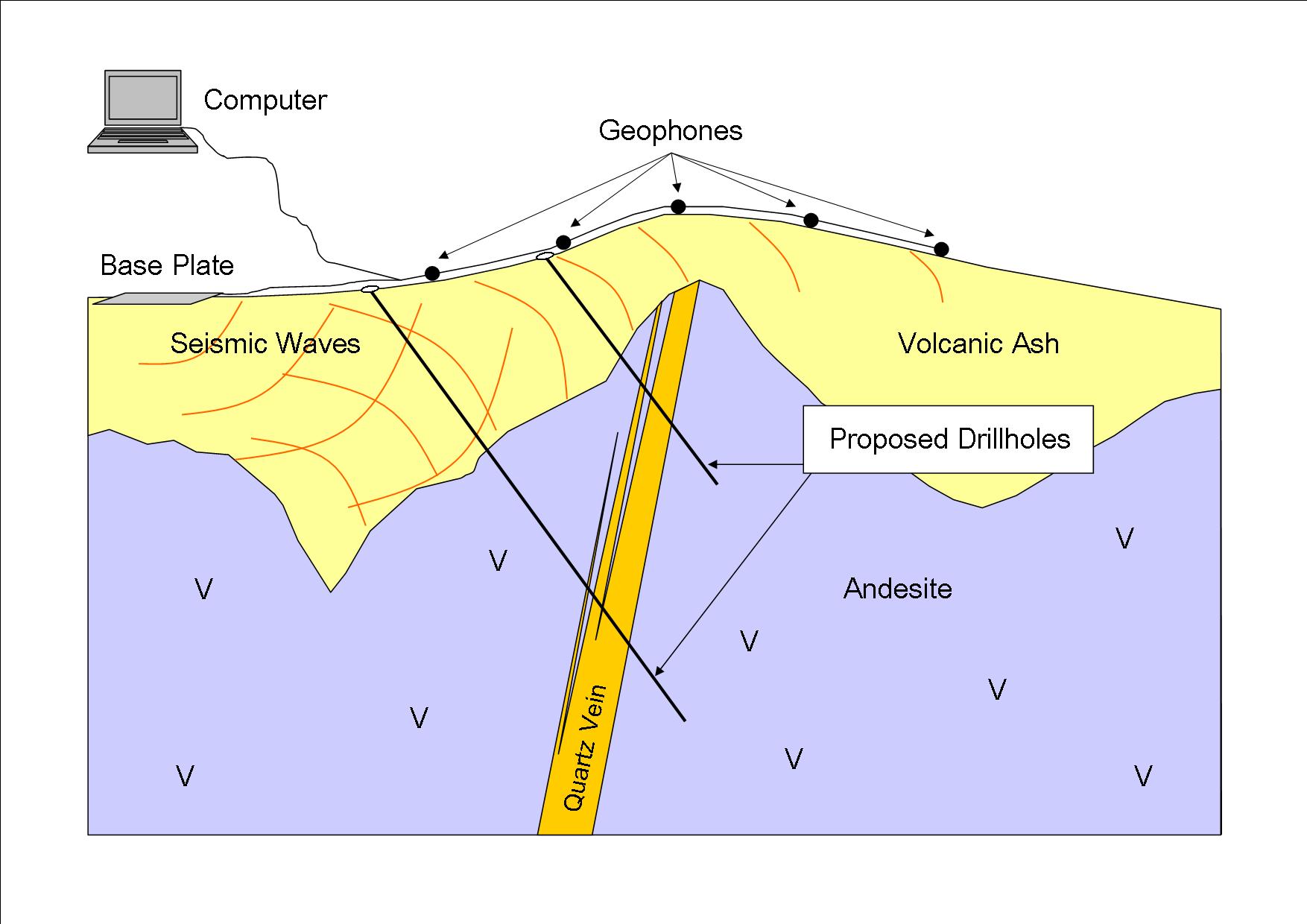All Categories
Featured
Table of Contents
Geophysical Survey Equipment - Ground Penetrating Radar in Brigadoon Aus 2023
Much of the image consists of blank areas now with little or no radar reaction. The "courtyard" wall is still revealing strongly, nevertheless, and there are continuing tips of a tough surface area in the SE corner. Time slice from 23 to 25ns. This last slice is now practically all blank, but a few of the walls are still revealing highly.
How deep are these slices? The software application I have access to makes estimating the depth a little difficult. If, however, the leading 3 slices represent the ploughsoil, which is probably about 30cm think, I would guess that each piece has to do with 10cm and we are just coming down about 80cm in overall.

Thankfully for us, most of the sites we have an interest in lie just below the plough zone, so it'll do! How does this compare to the other approaches? Contrast of the Earth Resistance data (top left), the magnetometry (bottom left), the 1517ns time slice (leading right) and the 1921ns time slice (bottom left).
Glad You Asked: What Are Seismic Surveys? in Byford WA 2020
Magnetometry, as gone over above, is a passive method measuring regional variations in magnetism against a localised no value. Magnetic susceptibility study is an active technique: it is a step of how magnetic a sample of sediment could be in the presence of an electromagnetic field. Just how much soil is evaluated depends on the diameter of the test coil: it can be really small or it can be reasonably large.
The sensor in this case is very small and samples a small sample of soil. The Bartington magnetic vulnerability meter with a big "field coil" in use at Verulamium during the course in 2013. Top soil will be magnetically boosted compared to subsoils simply due to natural oxidation and reduction.
By determining magnetic susceptibility at a reasonably coarse scale, we can detect locations of human occupation and middens. Regrettably, we do not have access to a reliable mag sus meter, however Jarrod Burks (who helped teach at the course in 2013) has some outstanding examples. One of which is the Wildcat website in Ohio.
Geophysical Survey Services - Ohio Valley Archaeology in Kensington Oz 2022
These towns are frequently laid out around a central open area or plaza, such as this reconstructed example at Sunwatch, Dayton, Ohio. Sunwatch Town, Dayton, Ohio (image: Jarrod Burks). At the Wildcat website, the magnetometer survey had actually found a variety of functions and homes. The magnetic susceptibility study assisted, nevertheless, define the primary area of profession and midden which surrounded the more open location.
Jarrod Burks' magnetic susceptibility study results from the Wildcat website, Ohio. Red is high, blue is low. The technique is for that reason of terrific usage in specifying locations of general occupation instead of identifying specific functions.
Geophysical surveying is a used branch of geophysics, which utilizes seismic, gravitational, magnetic, electrical and electromagnetic physical methods at the Earth's surface area to determine the physical residential or commercial properties of the subsurface - (Pdf) An Assessment Of Geophysical Survey Techniques ... in Quinns Rocks Oz 2022. Geophysical surveying techniques typically measure these geophysical residential or commercial properties in addition to abnormalities in order to examine different subsurface conditions such as the existence of groundwater, bedrock, minerals, oil and gas, geothermal resources, spaces and cavities, and a lot more.
Latest Posts
Bachelor's Degree In Geophysics - Degrees & Programs in Woodbridge Oz 2023
Geophysical Methods in Leederville Aus 2022
Job Profiles : Geophysicist Physics in Northbridge WA 2020